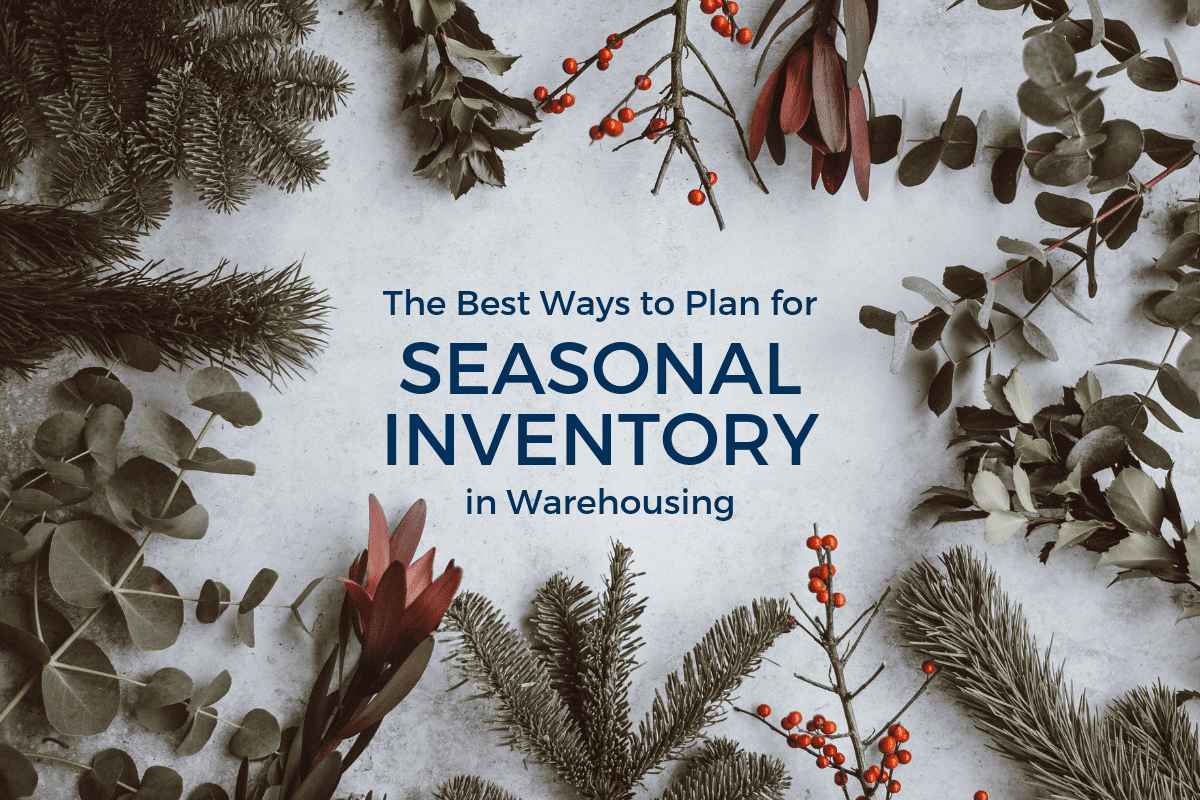Our previous blog post outlined all you need to know about leasing warehouse space. This blog post will help you determine what you need to lease space for your business. So, how do you lease small warehouse space?
For many start-up businesses, leasing commercial space may be daunting. Do you even need to lease warehouse space? Is your business ready to lease warehouse space? Where do you lease warehouse space? Is leasing warehouse space cheap? How expensive is leasing warehouse space? These questions are frequently asked as a business goes from start-up to scale-up. Hopefully, in this article, you will get the questions you have about leasing industrial space answered. If you still have questions, we can help! Contact us.
What size warehouse space does my business need?
It isn’t easy to decide what size of space your business needs. Most small business owners think that they need to lease sizeable industrial warehouse space, but the fact of the matter is that they don’t. RISE Commercial District offers various small to midsize warehouse spaces (200 Sq Ft to 2000 Sq Ft) with flexible lease terms so that companies like yours can operate.
Before leasing space, here are some things to consider:
Do you need to store any equipment?
If so, we suggest finding a space that allows you plenty of room to store your equipment and still gives you room to work comfortably. Some of our tenants utilize what is called a 20×60 drive-through warehouse. This warehouse has garage doors on both sides so that those with a trailer can pull through and not have to worry about backing it.
Do you need to use a forklift for deliveries and shipments?
If so, we suggest a larger warehouse space for storing supplies. A smaller warehouse may be perfect for you if you don’t deal with deliveries constantly.
How many employees will be working in the warehouse?
We have seen that 0-5 employees can comfortably fit in a small warehouse. In contrast, a 10+ employee business tends to go for the larger warehouse or flex (office & warehouse combo) spaces.
What is my ideal lease length?
The good thing about RISE is that you can adjust based on your growth. For example, say you aren’t sure how long to lease, but your company is rapidly expanding. We allow you to upgrade to a new size unit without the stress of feeling locked into the smaller space.
How to Find Out The Zoning For My Business?
Many areas restrict or entirely ban certain business types. A city will outline the specific operational use of a given area. Zoning classifications include industrial, commercial, residential, light industrial, commercial, agricultural, and schools. All RISE Commercial District sites are zoned so that we allow many businesses, such as general contractors, landscaping, fulfillment, customer service, home repair, e-commerce stores, and more.
This answer depends on the company that you are leasing from. Most warehouse leases for small to mid-size businesses don’t include everything. For example, the fixed cost may be a monthly fee for your rent, but utilities, wi-fi, CAM fees, and other operational costs can be tacked on. Be aware of this when you are signing your lease. With RISE, you get one monthly rate, and all those fees are included as a fixed cost.
Another thing to consider when leasing is what documents I need to have when I sign the lease. Many companies require a COI or Certificate of Insurance. What is a COI and how do you obtain one for your business? Make sure you read the lease before you begin to ensure you understand the commitment to your lease.
In addition to documents and the expenses associated with renting warehouse space, there is usually a common area maintenance fee (CAM) in addition to the cost of your leasing warehouse space. That variable? What type of lease is it? We discussed the different types of leases in our previous blog post. However, the most common lease types are Gross lease, Triple Net Lease, or Modified Gross Lease. At RISE, we operate with a Gross Lease. This fixed fee covers everything so that the tenant can focus on their business and finances without having to worry about the next bill shock.
Figuring out the size of your warehouse space and how long to lease it is one of the more challenging parts of the leasing process. Hundreds of variables come into play that only you have a proper grip on. However, by touring a facility before you lease, you can envision what the daily operations will look like in a specific space.
Another thing to ensure before you sign a lease is that the facility is zoned correctly for your business. In rare cases, the zoning and business operations are conflicting, but it is worth looking at. Documents such as a COI are essential when signing a lease for your small business.
Leasing warehouse space and buying warehouse space are very different business decisions. Don’t forget to consider the various factors that go into leasing. Luckily, our team can help you answer any questions about renting small business space.
If you would like to learn more about how RISE Commercial District helps businesses grow, click here.



